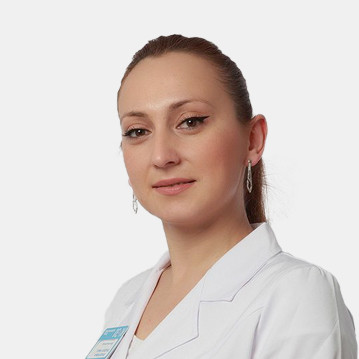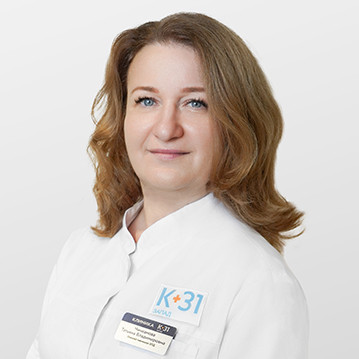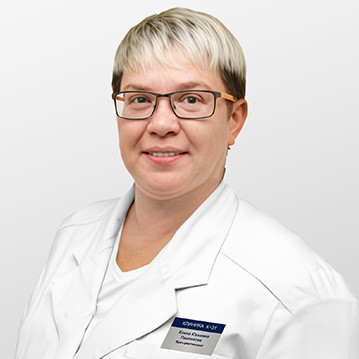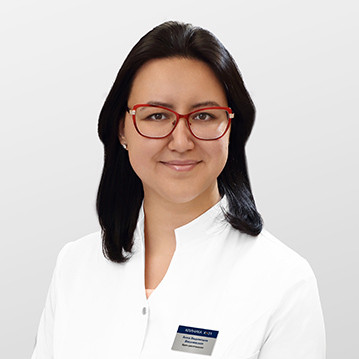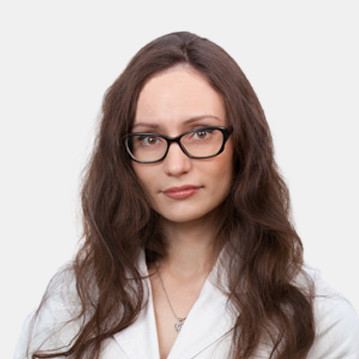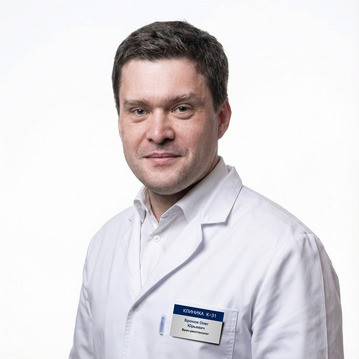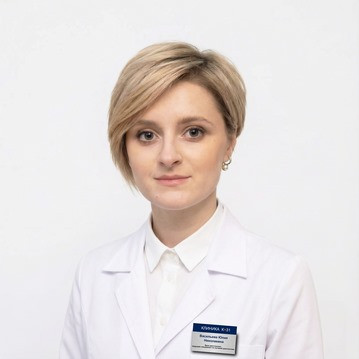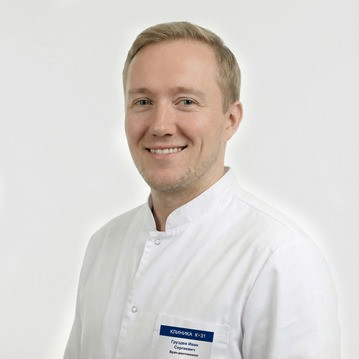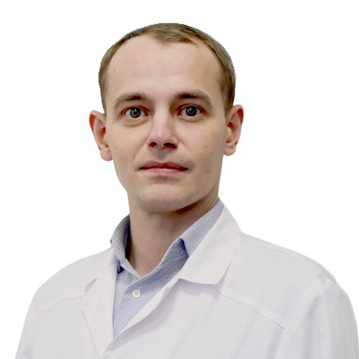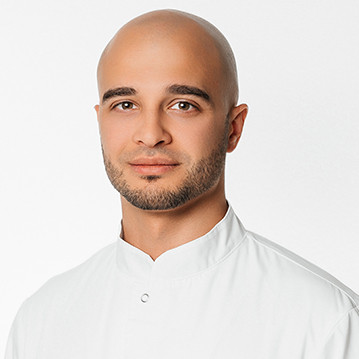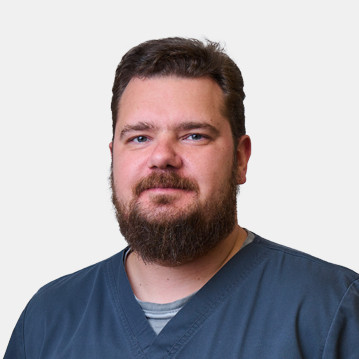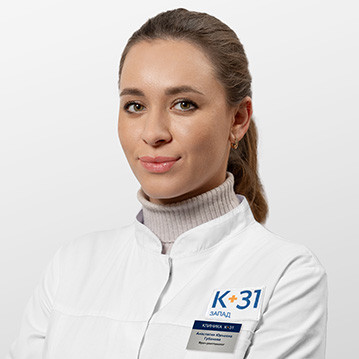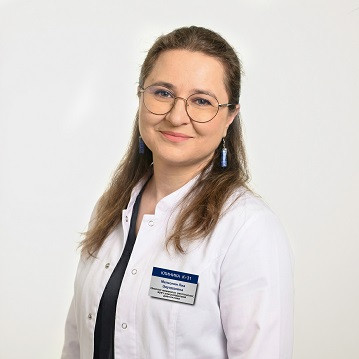Magnetic resonance imaging of the facial part of the head is a highly accurate and safe method of non-invasive imaging.It makes it possible to make clear 3D images of sections of selected areas of the soft tissues of the face or bones of the skull.
With the help of MRI of the facial skeleton, the doctor receives detailed information about the structure and structural changes in the bones of the face.MRI of the soft tissues of the head is aimed at studying the anatomical structures and areas: the brain, pituitary gland, paranasal sinuses,ENT organs, intracranial nerves, intracranial vessels. For diagnostics, a tomograph with a magnetic field induction of 1.5 Tesla is used.
Types of MRI of facial soft tissues
Depending on the purpose of the study, the following types of MRI are distinguished:
- Standard - shows functional and structural changes in tissues in different projections.
- Contrast enhancement is a highly informative way. It makes it possible to assess the structure and shape of blood vessels (veins and arteries), to detect areas of hematomas or neoplasms. This is achieved by injecting a contrast agent into the blood.
A general practitioner, neuropathologist, traumatologist or other specialist can refer the patient to an MRI of the facial skull or soft tissues of the face and neck. This is done to clarify the diagnosis, to identify the cause of the pathological condition of the organs, to assess the effectiveness of the treatment.
In each case, the specialist selects a certain type of MRI diagnostics, based on the data of previous examinations, patient complaints and clinical manifestations of the pathology.
MRI of facial soft tissues: what does it show
Magnetic resonance imaging of the facial part of the skull allows you to safely and informatively determine the presence of diseases, associated with muscle tissue, skin, nervous and vascular network in the face.
The technique is superior in safety and accuracy to such diagnostic methods as X-ray, CT or sonography.
What does an MRI of the facial part of the skull show:
- The consequences of a facial injury are the complexity and extensiveness of damage to different layers of tissues, muscles, nerves and blood vessels.
- The presence of hematomas, their location and size.
- Abscess areas - purulent inflammation of tissues.
- Necrosis
- Inflammation of the lymph nodes in the face and neck.
- The presence of mechanical pinching of nerve endings and its causes.
- Neoplasms - benign or malignant tumors, cysts.
- Presence of metastases in the facial region emanating from a distant focus.
- Locations of fluid accumulation in the subcutaneous and muscle layers.
- The condition of the veins and arteries, circulatory disorders.
- Inflammatory and infectious processes, their location.
- Congenital pathologies and developmental anomalies.
Pathological processes in the soft tissues of the face may be the result of injury or disease.MRI diagnostics allows not only to make a diagnosis, but also to establish the causes of the condition.If it is necessary to examine the vessels or to determine the nature of the neoplasm, the doctor may recommend MRI of the soft tissues of the face with contrast.
Contrast enhancement allows you to more accurately highlight the vessel in the image (its shape, length, size of the lumen, structure) and recognize the existing pathological areas.
The study is carried out in two stages. First, a regular series of shots is taken, and then, after the introduction of a contrast agent, a second shot is taken. Thanks to a special solution, the tomograph clearly shows the blood supply system and areas of impaired blood flow.
MRI of the facial nerve can show the presence of inflammation or an area of rupture, damage to nerve endings in facial or head trauma. In case of fractures of the jaw or nose, the doctor can give a referral to an MRI of the facial part of the skull for accurate visualization of the problem, determining the boundaries of damaged tissues.
Indications for MR-tomography of soft tissues of the human face
MRI of the face is performed when:
- The need for differential diagnosis of facial tumors.
- Pathologies of the brain.
- Injury of the facial part of the skull.
- Swelling, loss of tissue sensitivity, numbness, facial distortion.
- Chronic headaches/
- Complicated sinusitis.
- The presence of tumors that could metastasize to the face.
Magnetic resonance imaging helps to make a diagnosis, as well as assess the patient's condition after treatment, and prepare him for surgery. With the help of the study, the doctor evaluates the effectiveness of therapy with surgical intervention. After chemotherapy and radiation of cancerous tumors, tomography makes it possible to detect the presence of metastases.



